“It’s not enough to be busy, so are the ants. The question is, what are we busy about?” – Henry David Thoreau
There’s nothing as finite as time. It slips through our fingers, no matter our efforts to ensnare it. With only 24 hours in a day, time management becomes an essential skill that everyone, especially today’s professionals, desperately needs.
Hence, the birth of numerous time management framework theories that even experts love. This blog explores some of the most famous productivity gurus’ cherished time management frameworks.
The Conceptual Frameworks In Time Management
Time is finite, and effective management of it is crucial for personal and professional success. Several conceptual frameworks aim to maximize productivity, streamline workflows, and make the most out of every minute. In this article, we delve deeper into some of the most influential conceptual frameworks in time management.
A conceptual framework is an abstract representation of ideas that aims to clarify:
- The research problem
- The research question
- The process of forming conclusions
It’s important to understand that a conceptual framework differs from a theoretical one despite the terms often used interchangeably.

How A Conceptual Framework Differs From A Theoretical Framework
While both are crucial for research methods and guiding the development of research papers, here’s how they differ:
- Theoretical Framework: Built from existing theories and models, it provides a more specific lens to view the research topic.
- Conceptual Framework: A map for organizing ideas and hypotheses, it highlights the relationships among variables and is often more flexible.
Using conceptual frameworks for time management lets you:
- Understand the various factors affecting productivity.
- Visualize relationships between different time management strategies.
- Enhance your approach to tackling tasks and managing time.
Learning and applying conceptual frameworks can help you effectively explore new dimensions of time management like never before. With this thorough understanding, you’ll be able to create customized time management systems for your unique needs.
The Role Of Psychology In Time Management
The psychology of time management delves into how our mental and emotional states influence our use of time. This field looks into concepts like:
- Procrastination: Delaying tasks even when we know it is against our interests. Understanding why we procrastinate can lead to strategies for overcoming it.
- Time Perception: Our brains do not perceive the passage of time uniformly. Leveraging this knowledge can help us manage time more efficiently.
- Flow State: This is an optimal state of consciousness where we feel and perform our best. Incorporating activities that enable us to enter this state can enhance productivity.
Quality decision-making is integral to excellent time management. This includes:
- Prioritization: The ability to decide what tasks deserve our focus and in what order.
- Delegation: Identifying tasks that can be assigned to others can free up valuable time.
- Boundary Setting: Deciding when to say ‘no’ to prevent overcommitting, which often leads to stress and burnout.
Change Management And Habit Formation
Developing effective time management skills also involves change management. This could mean breaking old habits and forming new ones, a process which has three key steps described by Charles Duhigg in his book The Power of Habit:
- The Cue: The trigger that initiates the behavior
- The Routine: The behavior or action you take
- The Reward: The benefit you gain from the behavior
Understanding this loop can make the process of adapting to new time management strategies more manageable and custom-tailored to individual needs.
The rise of digital platforms and applications offers new possibilities for managing time effectively. Many successful strategies include the use of:
- Task Management Tools: Software or apps like Asana, Trello, or Google Tasks can help organize tasks and deadlines.
- Calendar Apps: Tools like Google Calendar or Outlook allow efficient scheduling and set reminders.
- Task Timing Apps: These help break down work into manageable periods, such as the Pomodoro apps for the popular time management method.
Effective time management is not merely about counting down the clock. It’s about utilizing a framework that incorporates psychological insights, quality decision-making, strategic habit formation, and leverages modern technology. The principles above enable us to turn the tables on time: transforming it from a scarce resource into a dynamic tool for achieving our goals and aspirations.
Popular Time Management Framework Theories
Behind every successful time management strategy is a robust theoretical framework. Here is an introduction to the most popular time management framework theories.
1. Rational Choice Theory (RCT)
Under the lens of time management, RCT is all about making the most beneficial decisions about how to use time. Each activity or task you take on is considered an investment of time. This theory assumes that you want to get the most out of your time, just like investors want to get the most out of their money.
In essence, RCT asks:
- What’s the value I get from an activity?
- What are the alternatives?
- Is the investment of time worth the output?
RCT is a perfect example of a theoretical framework that integrates a theoretical approach relevant to understanding the research problem: “How do I best manage my time?”
2. Grounded Theory
The Grounded Theory is about developing theories based on the data generated by the research studies. This method is used when little is known about a topic (the research problem in our case).
Grounded Theory is centered around inductive reasoning, which is contrasted to the more ‘top-down’ approach where theoretical ideas lead research.
You’re going to:
- Carefully analyze your time usage,
- Identify key variables that affect your productivity
- Develop a framework for managing your time based on your unique data.
3. The Pomodoro Technique
Conceived by Francesco Cirillo, this technique uses a timer to break down work into intervals, traditionally 25 minutes in length, separated by short breaks. This method is a practical example of a theoretical framework in time management research.

This framework theory revolves around key principles:
- Work with time, not against it
- Eliminate burnout
- Manage distractions
Using a theoretical framework for time management helps identify which key variables in your routine impact your productivity. It gives you a foundation upon which you can improve your time management capabilities.
Each theoretical framework you’ve chosen serves as a model for analyzing the research problem of time management.
Remember, theories can be life-savers when you’re drowning in work. They’re like the lifeguard of your time, pulling you safely to the shore of a well-done job. Transform your time, and use a theory!
Benefits Of Time Management Framework Theories
You already know that framework theories can work magic on your time. But how exactly do they transform your day-to-day life? Let’s dive in!
1. Building a Plan
Like having a personal trainer or a fitness app, a good framework theory in time management gives you a plan. Theories tell you precisely what to do, when, and how. It’s like having a GPS for your whole day!
- Avoid Getting Lost: Without a plan, you can lose your way, wandering from task to task.
- Reach Your Destination: With a theory, you reach your goals faster and with less stress.
2. Reducing Stress
Being overwhelmed and stressed are often the side effects of poor time management. A solid framework theory becomes your lifesaver ring in the stormy sea of tasks.
- Less Chaos, More Calm: Tidy up your tasks with a theoretical framework, and you’ll feel the calm replace the chaos.
- Say No to Burnout: With a clear view of your time, you prevent piling too much on your plate, safeguarding your well-being.
3. Increasing Productivity
Remember, it’s not about getting more done. It’s about getting the right things done. That’s what a time management framework theory can help you with.
- Task Prioritization: Theories show you what’s essential and what’s not. It’s like having a traffic light for your tasks.
- Efficiency: Like a well-oiled machine, you squeeze the most out of your time.
Framework theories are not just academic buzzwords. They’re practical tools you can use to become the master time manipulator. Unleash the power of theories and tap into a world of control, productivity, and peace of mind.
Time waits for no one, but with framework theories, you become the time lord!
Factors To Consider When Choosing A Framework Theory
Picking the right framework theory for managing time isn’t a one-size-fits-all choice. Here’s a simple guide to help you choose your best fit.
- Your Work Nature: Are you working on long-term projects or multiple short assignments? Different tasks need different theories.
- Flexibility: Consider how flexible a theory is. Life is unpredictable; your framework theory should be able to adapt.
- Complexity: Do you need a comprehensive theory, or will a simple one do the trick? Don’t over-complicate things unnecessarily.
- Your Personality: Some theories are more structured, others more relaxed. Go with what aligns with your style.

Tips to Make the Right Choice
- Try, then Decide: Test a theory before committing to it. Try it for a week or two and assess.
- Mix and Match: Combine theories if need be. It’s about your comfort and efficiency, not rigidly following a single framework theory.
- Continuous Evaluation: Monitor your progress. Not getting the desired results? Perhaps it’s time to switch theories.
- Ask for Help: Plenty of experts are available to help you find the best fit. Don’t hesitate to seek their advice.
Selecting a framework theory aims to make your life easier, not harder. It’s about helping you control your time, not becoming a slave to the theory. So, breathe, take your time, and choose the framework theory that sings to you.
The Time Management Continuum
The Time Management Continuum, introduced by Julie Morgenstern, clarifies the stages of time management expertise. It includes:
- Erratic Stage: Poor organization, constantly reacting to emergencies.
- Reactive Stage: Implementing some planning but still struggling with a reliable system.
- Proactive Stage: Implementing a system and planning consistently, but distractions still exist.
- Mastery Stage: Consistently using a system, planning, and focusing on high-impact tasks.
This framework allows you to evaluate your time management proficiency and identify areas that need improvement.
The Time Ladder framework
The Time Ladder framework is a vertical scheduling system that helps visualize and prioritize daily tasks. The ladder’s steps represent the hours in the day, while the tasks are displayed on the rungs, ordered from top to bottom based on their urgency and importance. This method can help in identifying time conflicts or allocating enough time to complete tasks.
As each individual operates differently, not all time management frameworks will prove equally beneficial for everyone. The key to effective time management lies in identifying and customizing a strategy that complements your workflow, personality, and lifestyle.
Try these productivity guru-loved strategies, adapt them to your needs, and watch as you take control of your time, once and for all.
After all, “Time is the one thing we have been given, and we are stewards of it; make it count.” – Dr. Myles Munroe.





0 Comments